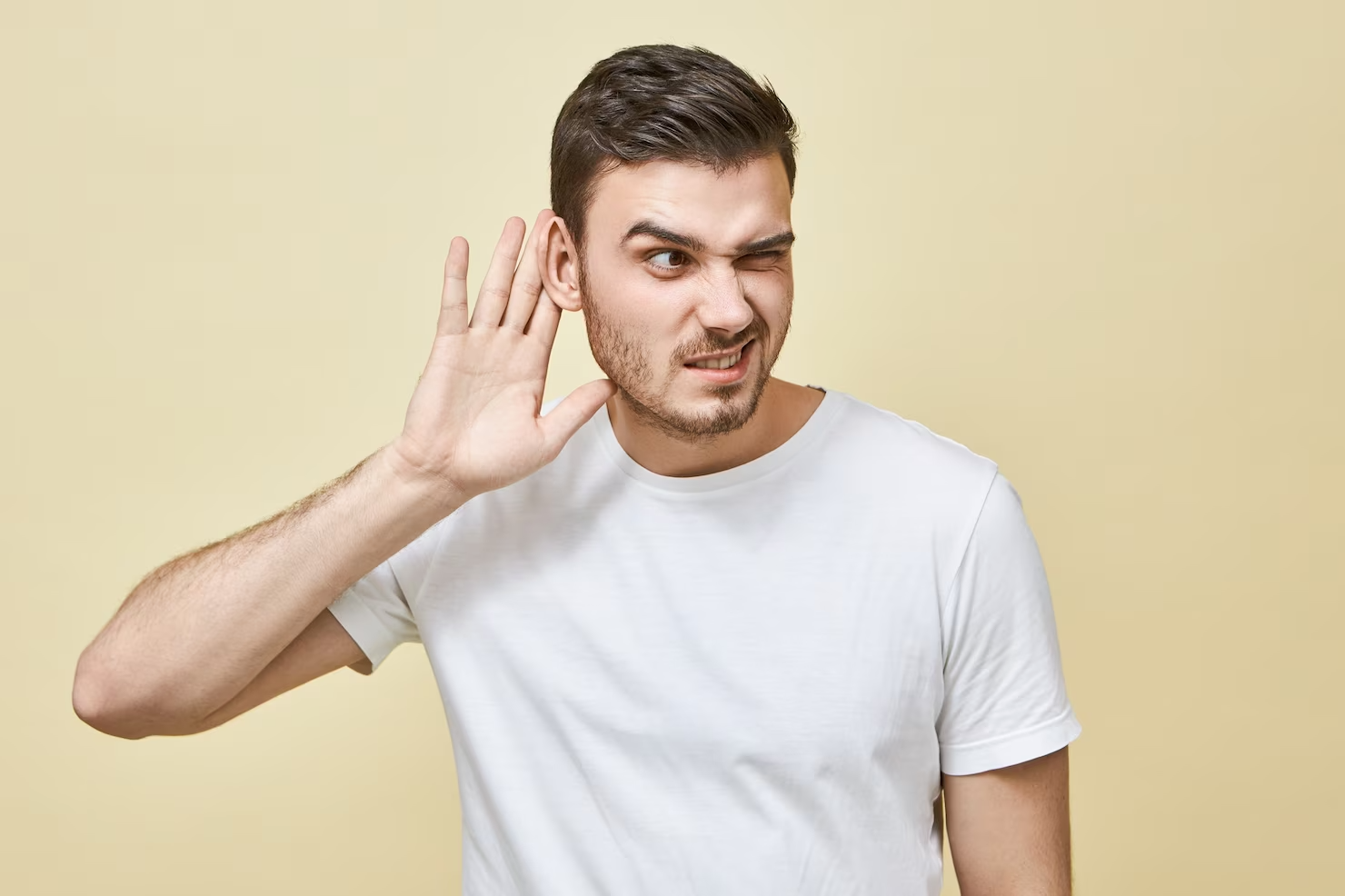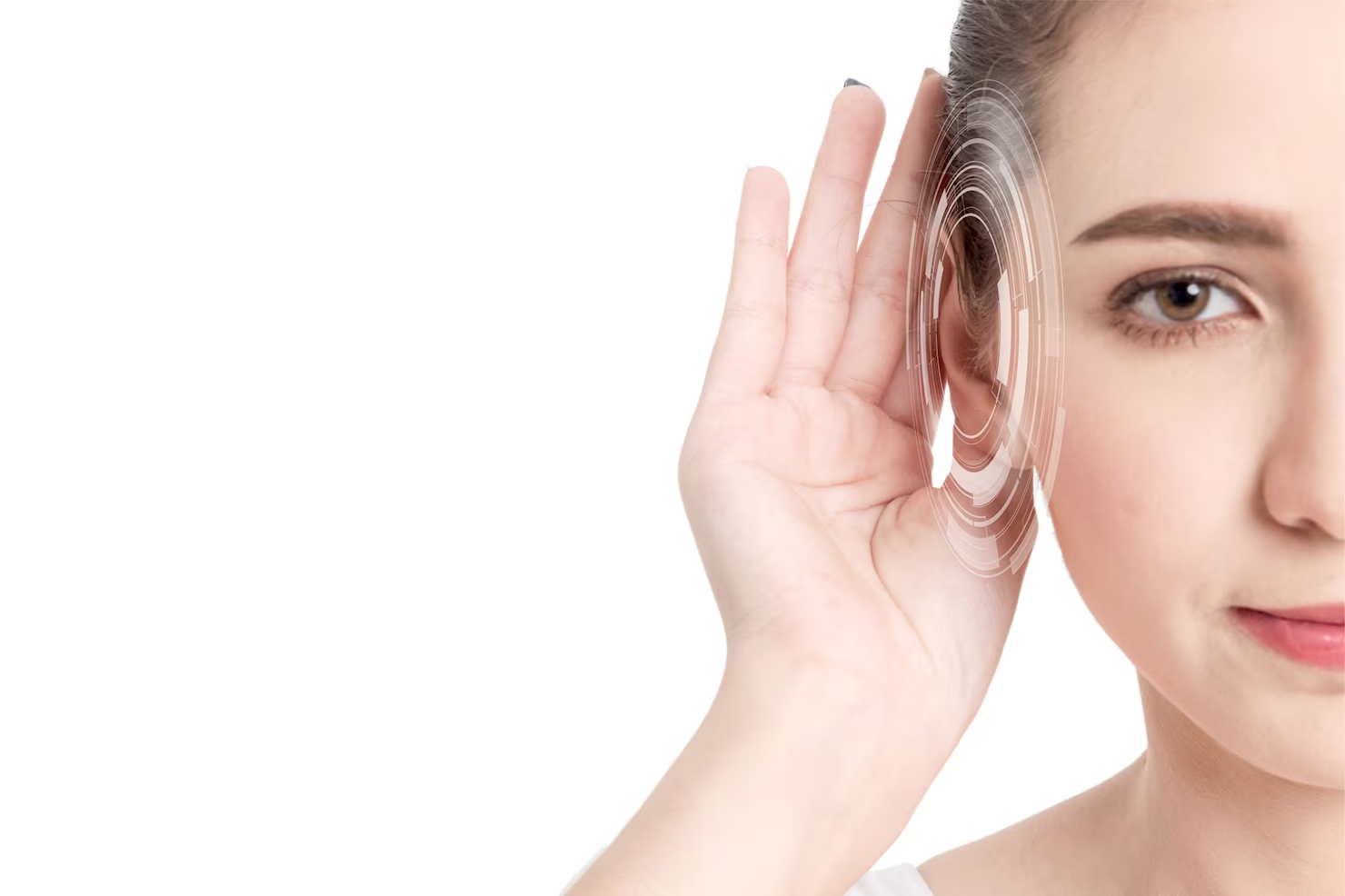When it comes to conditions like tinnitus and how hearing aids can affect them, figuring out hearing health can sometimes feel like putting together a complicated puzzle. Tinnitus is a situation in which a ringing, buzzing, or humming sound stays in the ears even when there is no outside sound. Hearing aids, on the other hand, are made to make sounds louder and help people who have trouble hearing. But could these helpful gadgets make deafness worse? Let's look into the complicated parts of this subject to find out.
Getting to Know Tinnitus
Tinnitus is a common problem that affects between 15 and 20 percent of the population. It is generally caused by something else, like age-related hearing loss, an ear injury, or a problem with the circulatory system. People often think of tinnitus as a small bother, but for some people, it can have a big effect on their quality of life, causing problems like trouble sleeping, trouble concentrating, and even emotional stress.
Pros and cons of hearing aids
Hearing aids are one of the most important ways to deal with hearing loss. They work by making sound waves louder, which helps people with hearing loss hear better. Hearing aids are usually helpful, but, like any other medical technology, they could have some negative effects. But do they make ringing worse in a direct way?
When the auditory system lacks sound input, especially in certain frequency ranges, it may generate its own 'phantom' sounds, leading to tinnitus.
Panda Hearing Aids: A Closer Look
Panda Hearing Aids offers various models that can be particularly beneficial for individuals with tinnitus:
-
Panda Hearing Aids Ultra II: Ideal for those with moderate to severe hearing loss, these hearing aids come with noise cancellation and a quick-charging case, potentially aiding tinnitus sufferers.
-
Panda Hearing Aids Pro: Suitable for mild to moderate hearing loss, they offer superior voice clarity and comfort, which could help manage tinnitus symptoms.
-
Panda Quantum Hearing Aids: These are tailored for moderate to severe hearing loss, featuring advanced technologies like WDRC and ANR for sound clarity and noise reduction, helpful for tinnitus patients.
-
Panda Hearing Aids Advanced II: Designed for mild to moderate hearing loss, they provide a comfortable fit and sound compression technology, which may assist in managing tinnitus.
Finding the Link Between Hearing Aids and Tinnitus
Hearing aids are often suggested as a way to treat tinnitus, which might surprise some people. However, there's a good reason for this. Tinnitus is often connected to hearing loss of some kind. When the auditory system doesn't get sound messages (especially in the frequency range where hearing loss is present), it may make its own "phantom" sounds, which can lead to tinnitus.
Hearing aids can help by making sounds louder and filling in the frequencies that have been lost due to hearing loss. This can "distract" the brain with real sounds, making it less likely to pay attention to the internal noises caused by tinnitus. In many cases, this can help tinnitus symptoms a lot.
But there is a catch. Hearing aids can be a helpful way to deal with tinnitus, but if they aren't properly fitted or the settings aren't set up right, they could cause pain or even make it seem like the tinnitus is getting worse. Here are some of the ways:
Fitting or adjusting the hearing aid wrong: If a hearing aid isn't set right, it can cause discomfort, which can be mistaken for tinnitus getting worse. Also, if the settings on the hearing aid are not set up right, it may make sounds too loud, which can be uncomfortable and make tinnitus seem worse.
Acclimatization Problems: When someone starts wearing a hearing aid for the first time, especially if they have a severe hearing loss, the quick amplification of sounds can be disorienting and temporarily make tinnitus seem louder.
Hearing Aid Feedback: Feedback noise from hearing aids that don't fit right can make tinnitus seem louder.
How to Use Hearing Aids Effectively to Deal with Tinnitus
Given these possible problems, what are some ways to make sure hearing aids help with tinnitus without making the person too uncomfortable?
Fitting and adjusting the hearing aid properly: Make sure a professional audiologist fits and adjusts your hearing aid correctly. This makes sure the best comfort and function.
Gradual Acclimatization: Give yourself time to get used to the hearing aid. Start by using it for a few hours a day and slowly add more time as you get used to it. This can help lessen any original increase in how loud the tinnitus sounds.
Tinnitus Masking: Some hearing aids have tinnitus maskers built in. These make a pleasant sound to take your mind off the noise. These can be very useful for a lot of people.
In conclusion, hearing aids are often a good way to deal with tinnitus, even though it may seem counterintuitive. But, just like any other medical device, it's important to get them fitted right and adjusted to your needs.
So, do hearing aids make tinnitus worse? In most cases, no. In fact, they usually do. Yet, for informed and effective use, it is important to understand how hearing aids work and how they combine with conditions like tinnitus.
The health of your ears is important. It lets you hear the words of your friends and family as well as the sounds of nature. Knowing what tools you have, like hearing aids, and how to use them well can help you enjoy the world of sound as much and as easily as possible. If you have tinnitus or any other problem with your hearing, don't be afraid to talk to a hearing health professional. They can help you get better hearing.


